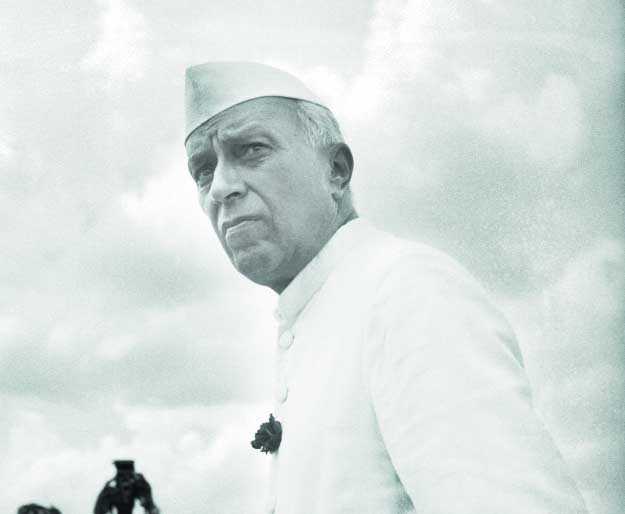From the prison barrack in Ahmednagar Fort, undergoing the ninth and the longest jail term, writing the closing pages of Discovery of India, Nehru noted: ‘The spirit of the age is in favour of equality, though practice denies it almost everywhere. We have got rid of slavery in the narrow sense of the word but in the name of individual freedom, political and economic systems exploit human beings and treat them as commodities.’
Nehru recalled too with reverence Vivekananda and his call, ‘I am a socialist not because I think this is a perfect system, but half a loaf is better than no bread.’ Yet, he (Vivekananda) was careful to warn his people not to dwell too much on the past but to look to the future. Nehru recalled how the Swami thundered from Cape Comorin in the southern tip of India to the Himalayas and he wore himself out in the process, dying in 1902 when he was 39 years of age. But Vivekananda left behind a priceless legacy of the valuable Lectures from Colombo to Almora, including a remarkable letter to a Muslim friend (dated 10 June, 1898): ‘I see in my mind’s eye the future perfect India rising out of this chaos and strife, glorious and invincible with Vedanta brain and Islam body.’
Can we today recall this saying of Swamiji even though he has been appropriated as an icon of the ruling party?
But today we are led to imagine living in the domain of undefined ‘Smart’ cities and ‘Smart’ cards, even smart trains (estimated to cost by the Railway Board Rs 60,000 crore and a two-year effort).
The futuristic profile of the nation is being defined as an imaginary smart governance (read authoritarianism), which is sought to be hurriedly created by dismantling Nehru’s iconic structures of policy and thought demarcated as an open space of debate, discussion and dissent. The open space has been officially appropriated via an unending propaganda overdrive recalling the ‘lapses’ of decades, even a century. (It is another matter that we do not have yet a single paper by the economist(s) presiding over the Aayog justifying the demise and birth of the new structure, much less its line(s) of action.)
In the meantime, repeated ordinances are being routinely issued to facilitate land seizures from the farmers. A Cabinet minister while extolling the virtues of acquisition has even argued that with time and increasing compensation, more farmers will be lured in the net! One would wish the new economic pundits occupying the historic Yojana Bhawan (read Niti Aayog) would have justified their new tasks by issuing an in-depth politico-economic paper since land anyway constitutes an irreplaceable asset in an agriculture-based economy like ours.
The driving spirit of the Nehruvian government was articulated by the first Prime Minister himself on the very first day of Independence — 15 August, 1947 — and recalled on five different occasions on the same day. He pleaded — ‘Call me Jawaharlal, not the Prime Minister, as this day onwards I am your first servant.’ Dr Radhakrishnan, in a moving broadcast, called him a ‘suffering servant of humanity’. Yes, he was suffering, slogging 18 hours a day under a whirring ceiling fan disposing of files, petitions, papers, dictating numerous memoranda and speeches… the only company, to quote a long-serving colleague, a battery of stenographers working in relays, since nothing had to be left unattended for the morning on the table.
When the messiah of governance for the people, who spent 3,262 days in nine different jails, suffering as many formal imprisonment orders, passed away, he bequeathed in his will and testament even his ashes to the peasants — ‘over the fields where the peasants of India toil so that they might mingle with the dust and soil of India and become an indistinguishable part of India.’
These fields are now within a blinking nod of acquisition ordained by competitive compensation.
(The writer is a former civil servant)
Unlock Exclusive Insights with The Tribune Premium
Take your experience further with Premium access.
Thought-provoking Opinions, Expert Analysis, In-depth Insights and other Member Only Benefits
Already a Member? Sign In Now











